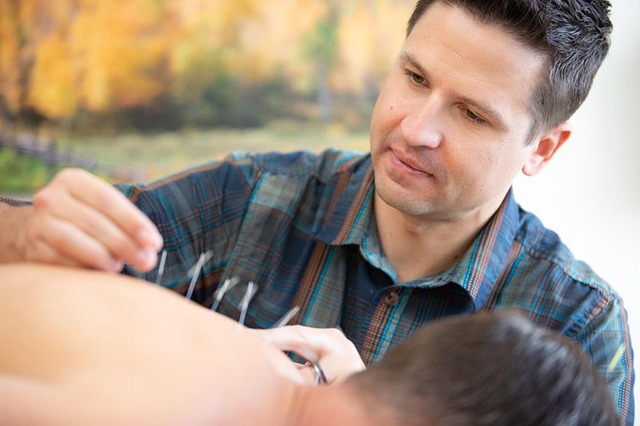Denver homeowners face mold risks due to water damage, with health implications for those with pre-existing conditions. Professional Mold Inspection Denver services are vital post-renovations or when dealing with potential harmful molds like Penicillium. Experts conduct detailed visual assessments, air quality testing, and sampling, offering remediation advice while ensuring safe resolution of mold-related concerns.
“Looking for a certified mold inspector near you in Denver? Understanding mold is crucial for maintaining a healthy home environment. This article guides you through the essential aspects of mold inspection, focusing on health risks and common types of mold found in Denver homes. We’ll walk you through the process, from preparation to what to expect during an inspection. Additionally, we’ll highlight key qualifications and services to consider when choosing the right expert for your mold concerns.”
- Understanding Mold: Health Risks and Common Types in Denver Homes
- The Process: How to Prepare for and What to Expect During a Mold Inspection
- Finding the Right Expert: Qualifications and Services of Certified Mold Inspectors in Denver
Understanding Mold: Health Risks and Common Types in Denver Homes

Mold is a common issue in many homes across Denver, particularly after water damage from leaks or flooding. Understanding the health risks associated with different types of mold is essential for homeowners and renters alike. Exposure to mold can cause a range of symptoms, including respiratory issues, allergies, and even neurological problems for individuals with pre-existing conditions.
In Denver homes, common types of mold include Cladosporium, Aspergillus, and Penicillium. Cladosporium, often found outdoors, can also grow indoors if moisture levels are high. Aspergillus is a type of mold that thrives in damp environments and can produce harmful mycotoxins. Penicillium, known for its blue or green color, is frequently discovered after water damage and is particularly dangerous for individuals with weakened immune systems. When considering mold inspection Denver services, it’s wise to consult professionals like ARC Restoration, especially after renovations, as they offer expert advice on do-it-yourself vs professional mold testing methods.
The Process: How to Prepare for and What to Expect During a Mold Inspection

When considering a Mold Inspection Denver, preparation is key to ensuring a thorough and accurate assessment. Before the inspector arrives, declutter areas suspected of mold growth and ensure good ventilation throughout your property. Remove any sources of standing water or recent water damage, as these can fuel mold development. Also, be sure to inform the inspector about any health concerns, such as known mold allergies or respiratory issues, so they can take appropriate precautions.
During the inspection, expect a detailed examination of visible areas, including walls, ceilings, and floors. The mold inspector will use specialized tools like moisture meters and air quality monitors to identify potential hidden mold sources. They’ll also assess the extent of the problem, document findings, and provide recommendations for remediation. Don’t hesitate to ask questions throughout the process; understanding the steps ensures you’re actively involved in addressing any fire damage restoration Denver needs alongside addressing the mold issue and mitigating potential health risks associated with mold allergies and symptoms.
Finding the Right Expert: Qualifications and Services of Certified Mold Inspectors in Denver

When searching for a certified mold inspector in Denver, it’s crucial to select an expert with the right qualifications and experience. Look for professionals who are not only Certified Inspectors by reputable organizations but also have extensive knowledge about various types of mold and their potential health impacts. The best inspectors will offer comprehensive services that include visual assessments, air quality testing, and detailed sampling to identify and pinpoint the source of any mold issues.
Beyond mold inspection, top-rated experts in Denver often provide valuable insights into dampness causes and solutions. They can help you understand your mold inspection report, explaining the findings, potential risks, and recommended restoration services Denver. Engaging with a professional who offers both thorough inspections and expert advice ensures you address any mold-related concerns effectively and safely.
A thorough mold inspection by a certified professional is essential for ensuring a healthy living environment in Denver homes. By understanding common types and health risks, preparing appropriately, and engaging an expert with relevant qualifications, homeowners can effectively navigate the process of mold assessment. Armed with this knowledge, folks in Denver can take proactive steps to address any potential issues, fostering a safer and more vibrant tapestry within their residences. Remember that when it comes to mold inspection Denver has many options, but finding the right expert makes all the difference.
